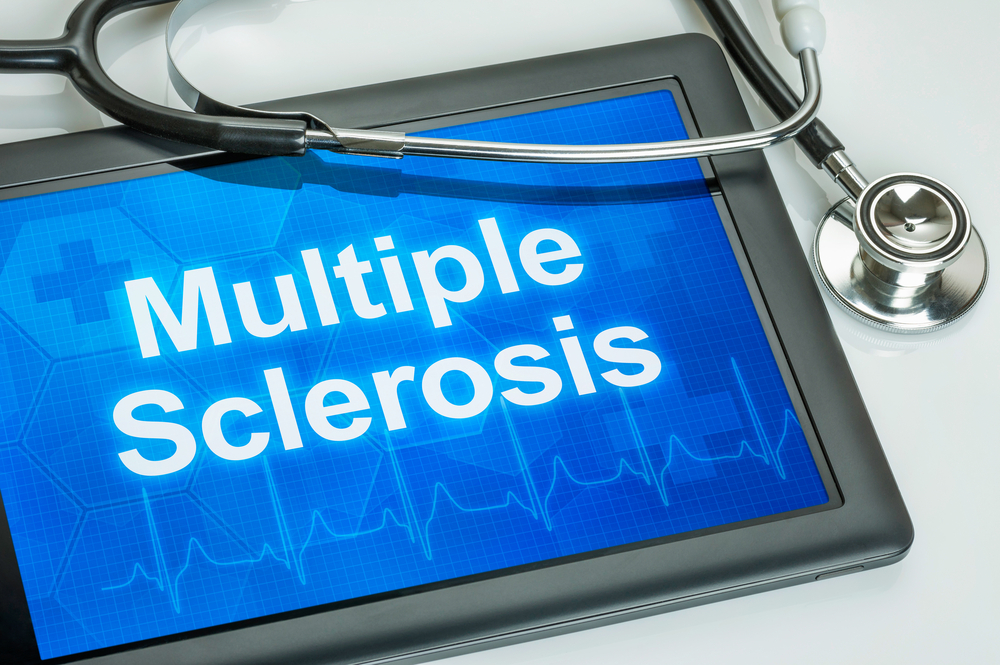#ECTRIMS2016 – Treatment for Relapsing MS, Ozanimod, Shows Efficacy in 2-Year Extension of Phase 2 Study
Written by |

Results from the extension period of a Phase 2 trial, assessing ozanimod as a potential treatment for relapsing-remitting multiple sclerosis, showed that the drug can effectively and safely improve clinical measures of RRMS after two years of treatment.
The announcement was made by Celgene International Sàrl, a subsidiary of Celgene Corporation, and the results were presented at the 32nd Congress of the European Committee for Treatment and Research in Multiple Sclerosis (ECTRIMS), recently held in London.
“Multiple sclerosis is a complex disease. We need to pursue additional approaches to treating multiple sclerosis because there still remains a large and significant unmet medical need, particularly around different and new approaches to treating the disease,” Scott Smith, president of Celgene Inflammation & Immunology, said to Multiple Sclerosis News Today.
The two-part trial, called RADIANCE (NCT01628393), was conducted in 258 relapsing MS patients in 13 countries and earlier reported promising results from its first evaluation of ozanimod (at 2 dose regimens: 0.5 mg and 1 mg). From week 12 to week 24, treated patients showed a reduction in the number of gadolinium-enhancing (GdE) MRI lesions. The extension period prolonged treatment for up to 120 weeks (approximately two years) for those who had completed the initial trial, and included patients previously given placebo, assigning them to either dose of ozanimod. At week 96, approximately 90% of the patients were free of GdE lesions in both ozanimod dose groups.
No Evidence of Disease Activity (NEDA), achieved when there are no relapses, no confirmed disability progression, no GdE MRI lesions and no new or enlarging MRI lesions, was realized by 44% and 39% of the patients at extension weeks 48 and 96, respectively, in the group that received the lowest dose of ozanimod, and by 62% and 47% at those timeframes in the group given the highest dose.
“These data further support our belief that ozanimod has the potential to offer a new oral therapeutic option for patients with relapsing multiple sclerosis who seek therapies with different benefit-risk profiles to help manage their chronic disease,” Smith said to Multiple Sclerosis News Today.
Most common side effects arising from ozanimod treatment were minor infections (nasopharyngitis, respiratory tract and urinary tract infections ) and headache, with no reports of new safety or tolerability issues.
“These 2-year safety and efficacy results further underscore the potential of ozanimod to offer a new oral therapeutic option for patients with this chronic condition,” Smith also said in a news release. “Based on these findings, and as part of our commitment to bringing innovative medicines to this patient community, we look forward to the continued study of this compound in the two ongoing pivotal phase 3 clinical trials in RMS [relapsing multiple sclerosis].”


